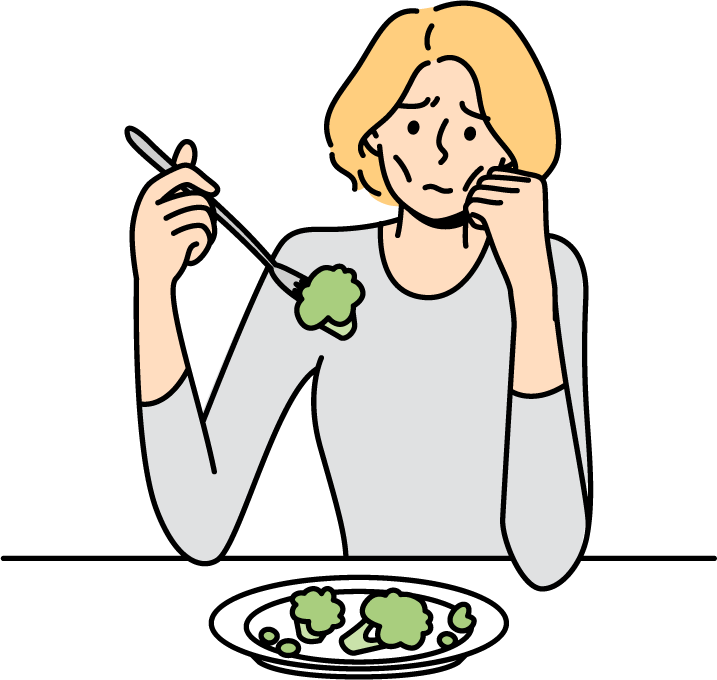Problems
What Is ADHD?
Attention-deficit/hyperactivity disorder is characterized by a combination of inattentiveness, distractibility, hyperactivity, and impulsivity. Managing work, school, and household tasks can be very challenging for people with ADD and ADHD.
Fortunately, those afflicted can learn coping skills to work around shortcomings and harness their talents — as many successful people with ADD and ADHD have do
How Do I Know If I Have It?
The symptoms of ADHD fall into two distinct categories:
Symptoms of Inattention:
- Difficulty maintaining attention, organizing tasks, or setting up tools needed for a task
- Does not pay attention to detail or follow instructions carefully
- Makes careless mistakes in schoolwork or other activities
- Fails to finish schoolwork or other chores
- Loses things and is forgetful
- Does not seem to listen when spoken to directly; lethargic, appears to be daydreaming
Symptoms of Hyperactivity/Impulsivity:
- Restlessness, fidgeting with hand or feet or squirming while seated
- Unable to stay seated or play quietly
- As small child, may run, jump, or climb about constantly
- Talks excessively at inappropriate times
- Blurts out answers before questions are completed
- Has trouble taking turns or waiting in line
- Interrupts or intrudes on others, grabs things from people
EATING DISORDER
What Is An Eating Disorder?
Eating disorders includes extreme emotions, attitudes, and behaviors pertaining to food and weight. Eating disorders can involve the restriction of food, binging on large amounts of food in a short period of time, and destructive behaviors to prevent weigh gain such as self-induced vomiting or taking excessive laxatives. Eating disorders often have complex and devastating consequences for one’s health, productivity, and relationships.
While an eating disorder may seem to be an unhealthy obsession with food and weight, it is really a symptom of something deeper. It is common to find that the control that people try to establish within their eating disordered behaviors are just the person’s attempt at coping with strong emotions and anxiety that exists in other areas of their life.
Psychological factors that can contribute to Eating Disorders may include low self-esteem, feelings of inadequacy or lack of control in life, and/or depression, anxiety, anger, stress or loneliness. Interpersonal factors can also contribute. These factors can include troubled personal relationships, difficulty expressing emotions and feelings, history of being teased or ridiculed based on size or weight, or even a history of physical or sexual abuse.
Social pressures are very strong especially with the increase use of social media. There are cultural pressures that glorify “thinness” or muscularity and place value on obtaining the “perfect body”. This places all of a person’s value on what they physically look like on the outside and discount the inner qualities.




